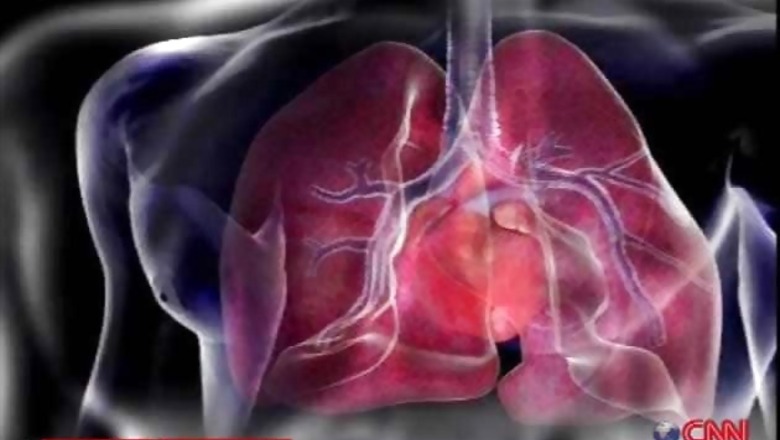
views
New Delhi: India stands to lose $4.58 trillion due to non-communicable diseases and mental disorders between 2012 and 2030, an amount more than double India's annual GDP, according to a report.
Out of this, cardio vascular diseases (CVDs) will account for $2.17 trillion and mental health conditions $1.03 trillion for the majority of the economic loss, the report released by the World Economic Forum and the Harvard School of Public Health said.
"As India's new government resets the course of the nation, this report shows that addressing this health burden must be central to the agenda," said Arnaud Bernaert, Senior Director of Global Health and Healthcare at the World Economic Forum.
The report, however, said primary prevention of NCDs with a focussed approach, if implemented, can reverse this trend with a return on investment of at least 15 per cent.
The focus areas include screening, in the case of hypertension; vaccination, in the case of human papillomavirus (HPV); and reduced tobacco use. An intervention to improve care for depressive and anxiety disorders through collaborative stepped care, which leverages an existing healthcare infrastructure and employed lay health counsellors to deliver care, also presents a promising approach to addressing common mental health conditions in India, the report said.
"Business leaders and government feel this pressure, and continued focus and collaboration on NCD prevention and control will be worthwhile. As the report highlights, primary prevention of NCDs, built upon robust early screening and a strong healthcare infrastructure, can provide India with favourable returns on investment," Bernaert said.
Commenting on the findings, David Bloom, Clarence James Gamble Professor of Economics and Demography at the Harvard School of Public Health said: "The global burden of NCDs is expected to increase due to two related demographic phenomena: global population growth and an increasing older population." "Unhealthy diets, physical inactivity, harmful use of alcohol and tobacco consumption also drive the development of NCDs.
In India, this is no exception, and NCDs are a large and growing challenge for its continued development. But solutions are available to improve the prognosis, reduce costs and create a healthier population," Bloom added.
The impetus for the report stems from 2014 data from the World Health Organization, which shows that an estimated 60 per cent of all deaths in India are due to non-communicable diseases (NCDs).
It said that the most prevalent NCDs are cardiovascular disease (cause of 26 per cent of deaths in India, 2014), chronic respiratory disease (13 per cent), cancer (7 per cent) and diabetes (2 per cent).
The report also said NCDs not only affect high-income economies but there would also be serious cost implications for middle-income countries if communicable disease prevention remains their only focus.
















Comments
0 comment